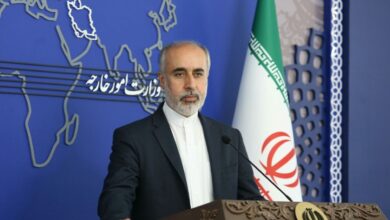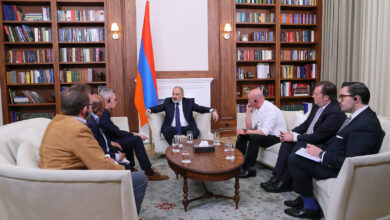
Following consultation with partner countries, EU member States and the European Parliament, the European Commission has taken decisions providing important EU funding to the partners in the EU Neighbourhood in the coming years. This package includes programming documents for Algeria, Armenia, Azerbaijan, Belarus, Jordan, Lebanon, Libya, Morocco and Tunisia, as well as for regional cooperation in both the Eastern and Southern Neighbourhood and for European Neighbourhood-Wide programmes. The total amount of these programmes is over €5,5 billion.
“Our relationship with the countries in our Neighbourhood has always been one of my priorities. We have strong links with these countries and an important role to play in helping them deal with the political and economic challenges they face. We are committed to accompany them on their path to peace, democracy and socio-economic development,” saidEU High Representative Catherine Ashton Catherine Ashton.
Štefan Füle, European Commissioner for Enlargement and Neighbourhood Policy, said: “Ambition and commitment to reforms will guide the massive EU funding for our neighbours for the coming years. Priorities for support have been established through close dialogue with our partners, involving all the relevant stakeholders, in the spirit of ownership and partnership. The funding will help them address key challenges their societies are facing”.
Following the adoption of programming documents for Georgia and Moldova in June 2014, in July the EU Commission adopted a package of bilateral and multi-country programming documents that will chart EU support to the partners for the coming years. These funds will come from the European Neighbourhood Instrument (ENI) that will provide the bulk of EU assistance to partners over coming years.
For Armenia the indicative allocation for the period 2014-2017 is between €140,000,000 – €170,000,000. The three priority sectors of intervention to be financed through this envelope are the following:
· Private sector development (indicative 35%)
· Public administration reform (indicative 25%)
· Justice sector reform (indicative 20%)








